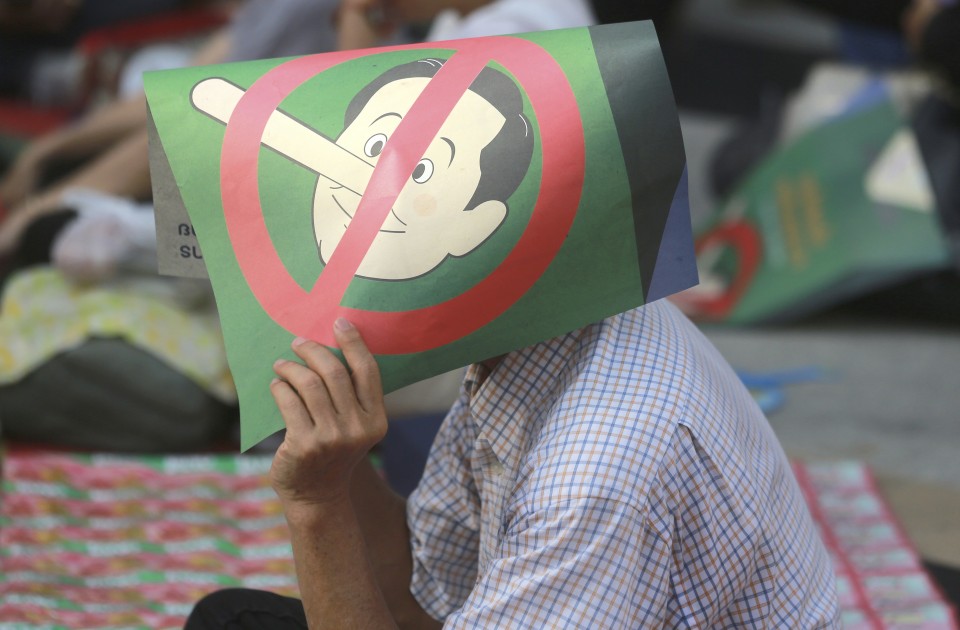Nathan Gardels is the editor-in-chief of Noema Magazine. He is also the co-founder of and a senior adviser to the Berggruen Institute.
Kofi Annan was secretary-general of the United Nations from 1997 to 2006 and is a co-recipient with the U.N. of the 2001 Nobel Peace Prize. He sat down with The WorldPost editor in chief Nathan Gardels for an interview, which has been condensed and edited for clarity.
WorldPost: There has been much debate about democratic dysfunction in the advanced world due to paralyzing polarization exacerbated by fake news and social media manipulation. Isn’t this also an issue in the fledgling democracies of the developing world, from Malaysia to Kenya, Nigeria and elsewhere?
Kofi Annan: Yes. Inequality and the aftermath of the financial crisis, in which many have been left behind, is driving polarization in other parts of the world, including the countries you mention, just as it is in the West.
In both advanced and developing nations, we are threatened by forces exploiting fears and misgivings for political gain, and they are driving communities apart. As long as inequality and other social problems plague us, populists will try to exploit them. A report my foundation just released on Southeast Asia identifies populism, illicit electoral financing and the politics of identity as the biggest threats to democracy locally and regionally. Social media certainly acts as a catalyst and booster for such polarization, but it is often just as present in traditional media.
WorldPost: If even long-standing Western democracies are struggling with their own legitimacy and the appeal of demagogues or authoritarian leaders, aren’t the challenges all the greater in the developing world?
Annan: Developing and newer democracies are much more susceptible to the tactics of populists and demagogues — they often do not have strong institutions, free press or the infrastructure required to defend their nascent democracies.
That is why we need to safeguard the institutions that have been built to prevent blatant twisting of truths that erode trust in our elections and ultimately in democracy itself. My primary focus these days is promoting the legitimacy of democracy by ensuring the integrity of elections, whether from traditional threats, such as too much money in politics, or newer threats arising with the digital age.
If citizens do not believe they can change their leaders through the ballot box, they will find other ways, even at the risk of destabilizing their countries.
WorldPost: You visited Silicon Valley last week to look at how to curb the negative impact of social media on democracy. What was your takeaway?
Annan: No single solution or actor can deal with the complex and interrelated challenges to electoral integrity arising from manipulated data, hate speech and fake news.
These phenomena are not new; they have been part of electoral cycles since the advent of democracy. However, the unique manner in which social media and other technologies are being used to amplify the impact of these tactics in electoral cycles across the globe is a real concern. The speed, reach and volume that social media gives to fake news, disinformation and hate speech erodes trust in institutions and even in the electoral process itself.
It was also clear to me that these developments are challenging the fundamental social contract between voters and those who govern them. We require new mechanisms and frameworks — partly regulatory, partly based on new technologies and partly educational — to restore trust in electoral processes and elected leaders. That trust can only be built if political figures, tech leaders and citizens themselves work together to design these frameworks.
To give just one example, when I spoke before an audience at Facebook, I suggested they should organize a sort of a rapid response team to be called into a situation when it is clear that bots, trolls or fake news are evident. The team could alert electoral commissions or other authorities to offer advice on how to stop the problem before it gets out of control.
The challenge for all of us is to harness the opportunities of the digital age while mitigating the risks. I am encouraged by the people I met in Silicon Valley who were supportive of the idea of creating a commission supporting electoral integrity in the digital age. My foundation will soon launch such a global commission to address these urgent issues in all democracies.
This was produced by The WorldPost, a partnership of the Berggruen Institute and The Washington Post.





